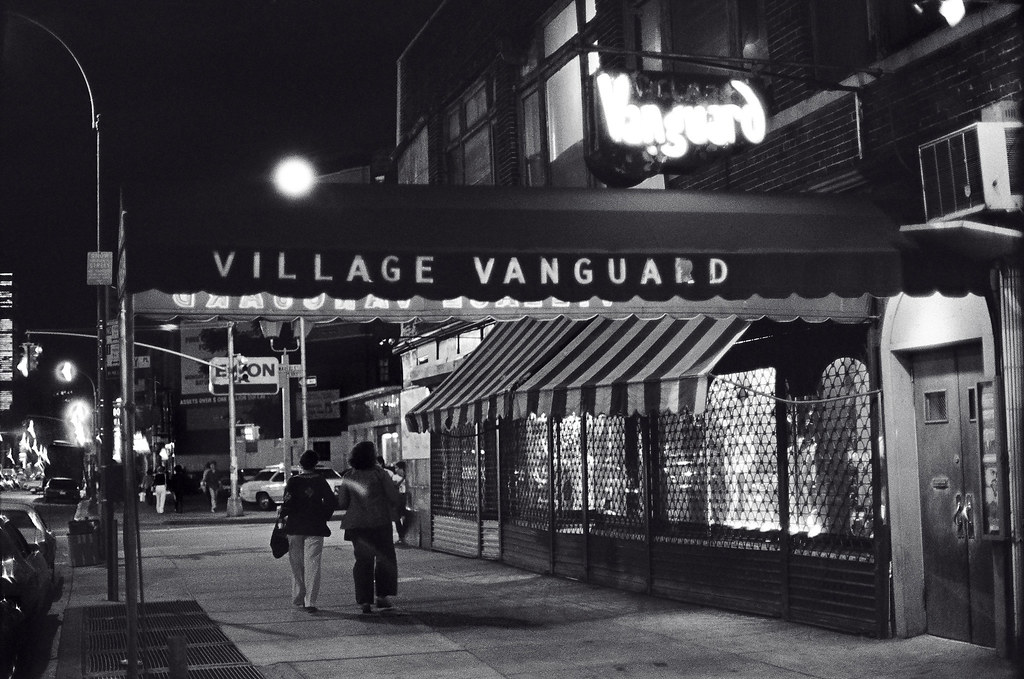 |
| And I oop-- |
WHO: Spektral Quartet
WHAT: New works by Sky Macklay, David Reminick, and Chris Fisher-Lochhead, plus a Haydn quartet
RELEASED: January 2016
LABEL: Sono Luminus
Challenge: I'm going to write this post before my oxtails come out of the pressure cooker in half an hour. For those of you who care: onions, garlic, stock, and red wine (a little bit for the oxtails, a little bit for me 😉). That's it.
Classical music is too damn serious. Have you ever dropped your program during a piece? People will literally look at you as if they want to throw you off a bridge.
Classical music hasn't always been so serious -- you can thank Richard Wagner for that -- but rarely is it overtly funny (barring opera buffa, of course). Haydn had his moments, even Mozart and Beethoven stepped into parody-land once in awhile.
For this album, The Spektral Quartet asked three composers to try their hands at "funny music" with wildly different results. Sky Macklay composed a piece that consists entirely of cadences -- Many Many Cadences as the title so creatively describes. The cadence, of course, functions as a tonal stabilizer. Macklay forces the quartet to hop between cadences with such speed that any sense of stability is lost, even though there is theoretically a "stabilization" every few seconds.
David Reminick chose absurdist poetry as his starting point; The Ancestral Mousetrap requires the quartet to sing a libretto by poet Russell Edson. They sing very well, proving my theory that instrumentalists are sometimes better singers than singers. One of the members sounds like Elvis Costello -- whoever does the bulk of the singing on the 4th movement.
The final premiere on the album, Chris Fisher-Lochhead's Hack, uses the instruments of the quartet to model the sounds produced by standup comedians during their routines. My linguist brain was intrigued. On the album, it doesn't evoke human speech so much, but it's so cool when they map the composition over the comedian's bit. Either way, cool piece.
And then in the middle of all this fun new music came the Haydn "Joke" quartet. I've played it. It's funny. But also, I kind of wish they had commissioned another new piece? I'm not exactly complaining, I'm always in favor of a good performance of a good Haydn quartet. But it also seemed a touch out of place.
Anyway, great album. Go listen. My oxtails are calling.











